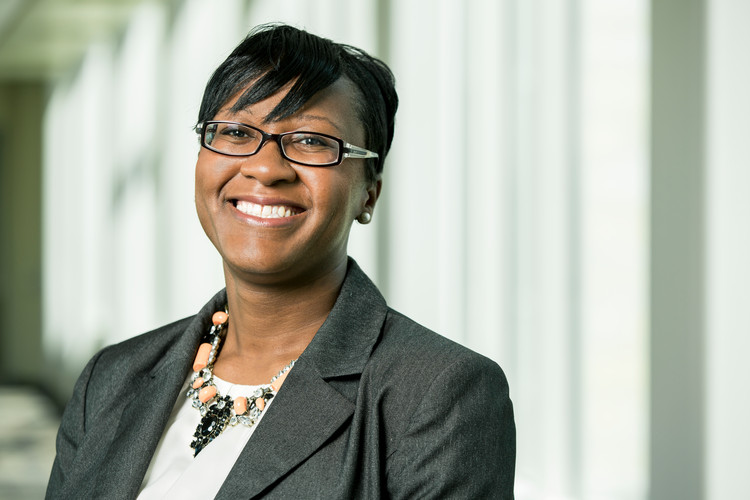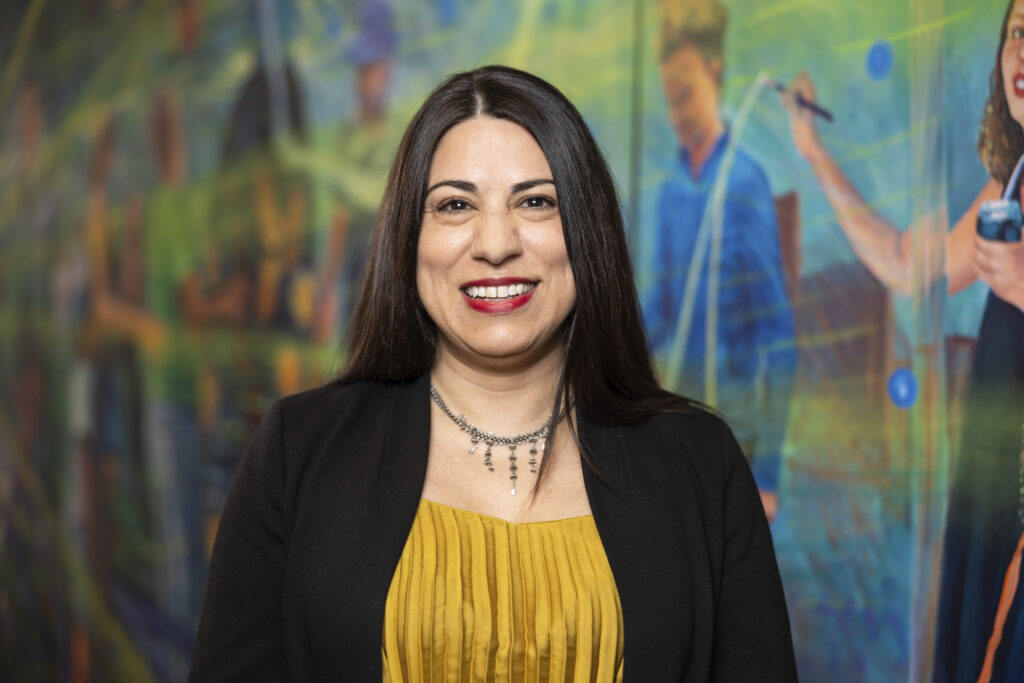The American Council on Education (ACE) announced today that Artika Tyner, director of the Center on Race, Leadership and Social Justice at the School of Law, has been named an ACE Fellow for academic year 2019-20. Following nomination by the senior administration of their institutions and a rigorous application process, 39 Fellows were selected this year—click here for a full list.
Established in 1965, the ACE Fellows Program is designed to strengthen institutions and leadership in American higher education by identifying and preparing faculty and staff for senior positions in college and university administration through its distinctive and intensive nominator-driven, cohort-based mentorship model. More than 2,000 higher education leaders have participated in the ACE Fellows Program over the past five decades, with more than 80 percent of Fellows having gone on to serve as senior leaders of colleges and universities.
"I seek to focus on advancing inclusive excellence," Tyner said. "This course of action focuses on diversity, equity and inclusion (DEI) as a strategic priority for the betterment of the entire student body, university, and society. I would like to ensure that all students partake in enriching learning experiences across cultures; develop core global/multicultural competencies; build institutional partnerships around the world; elevate DEI to a more prominent scholarly discipline; and bridge access gaps by creating opportunities for first generation students (like myself)."
The program combines retreats, interactive learning opportunities, visits to campuses and other higher education-related organizations, and placement at another higher education institution to condense years of on-the-job experience and skills development into a single year.
“The ACE Fellows Program epitomizes ACE’s goal of enriching the capacity of leaders to innovate and adapt, and it fuels the expansion of a talented and diverse higher education leadership pipeline,” said ACE President Ted Mitchell. “Each year I am impressed by how many former Fellows are named to prominent leadership roles, which makes it even more exciting to meet each new cohort. I’m left wondering, ‘Where will these Fellows end up?’”
During the placement, Fellows observe and work with the president and other senior officers at their host institution, attend decision-making meetings and focus on issues of interest. Fellows also conduct projects of pressing concern for their home institution and seek to implement their findings upon completion of the fellowship placement.
At the conclusion of the fellowship year, Fellows return to their home institution with new knowledge and skills that contribute to capacity-building efforts, along with a network of peers across the country and abroad.
For more information, please click here.







